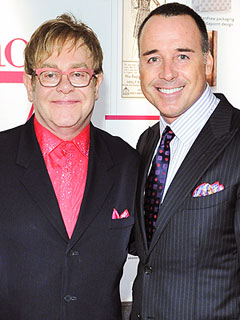LONDON (Reuters) - European shares edged down on Thursday as concerns grow over the outlook for growth and corporate earnings, while oil prices gained support after Islamist militants attacked an Algerian gas field.
Worries about the global economic outlook have revived since the World Bank cut its 2013 forecast for global growth to 2.4 percent from its previous estimate of 3 percent, citing the prospect of poor performance across the developed world.
A massive $14 billion writedown at global mining giant Rio Tinto amid fears weak growth in the fourth quarter of 2012 will result in poor corporate results has further undermined investor confidence.
"The market will remain predominantly in a consolidation mood following a cautious outlook on earnings. I think European companies will disappoint a bit," said Christian Stocker, equity strategist at UniCredit in Munich.
The FTSEurofirst 300 index <.fteu3> of top European shares slipped nearly 0.1 percent to 1,159.00 points in early trade. London's FTSE 100 <.ftse>, Paris's CAC-40 <.fchi> and Frankfurt's DAX <.gdaxi> were flat to 0.3 percent lower.
"There's been a mixed bag on the earnings front so far," said Darren Easton, director of trading at Logic Investments.
"In the short-term, we're in the bear camp," he added.
MSCI's broadest index of Asian shares outside Japan <.miapj0000pus> fell 0.2 percent, extending declines for a third consecutive session.
The falls were led by a slump in Chinese stocks as investors retreated ahead a slew of key economic data due on Friday including fourth-quarter GDP, December industrial output, retail sales and house prices.
Oil prices, which are under pressure from the prospects of weaker demand in 2013, gained support from concerns about supplies being affected by military activity in Algeria and Mali.
Islamist fighters seized dozens of Western and Algerian hostages in a dawn raid on a natural gas facility deep in the Sahara on Wednesday and demanded France halt a new offensive against rebels in neighboring Mali.
Brent added 2 cents to $109.70 a barrel, though U.S. oil slipped 10 cents to $94.14.
In the debt market, yields on safe-have German bonds were creeping lower as equity markets softened, but investors were reluctant to make big bets before a Spanish debt sale.
Spain plans to tap the market for up to 4.5 billion euros in short and long-term bonds and is expected to see good demand and sharply lower yields as the European Central Bank's promise to support the debt of struggling nations has encouraged investors.
The dollar and the euro were choppy, as both currencies pared back some of their recent big gains against the yen after a Japanese official this week expressed concerns about excessive yen weakness.
The yen is expected to remain on a weakening trend amid expectations for bolder BOJ monetary easing measures at its January 21-22 policy meeting as part of the new government's push to drive Japan out of years of deflation and economic slump.
The dollar rose 0.25 percent to 88.60 yen, off its peak since June 2010 of 89.67 touched on Monday, while the euro gained 0.4 percent to 117.95 yen, after surging to its highest since May 2011 of 120.13 yen on Monday.
"The BOJ will probably disappoint to some degree. They'll deliver what the market expects but no more than that," said Gareth Berry, G10 FX strategist for UBS in Singapore.
(Reporting by Richard Hubbard; Editing by Will Waterman)











